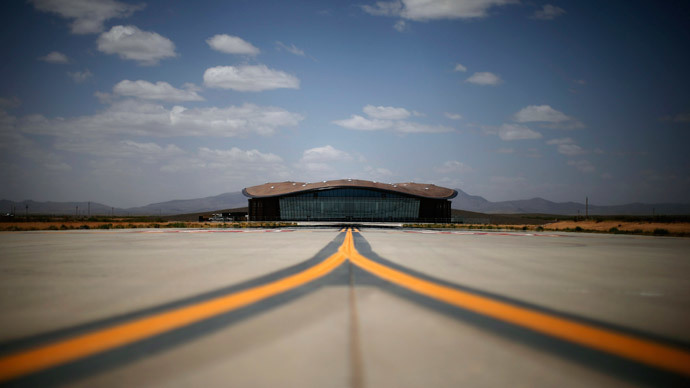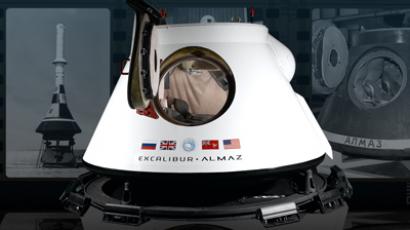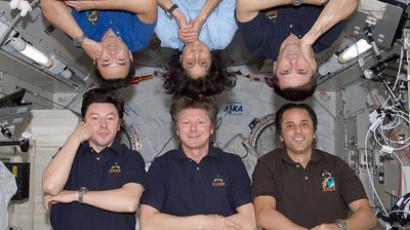National spaceports for UK 'by 2018,' Scotland dominates locations list

Space tourism is on the mind of the British government, as it has announced plans to build at least eight spaceports on its soil. Scotland is so far the centerpoint of Britain's space ambitions, and may home up to six potential sites.
According to new government plans, Scotland could become home for
the UK's space aspirations. Before unveiling eight potential
locations for the ports, ministers say six of those are in
Scotland, giving it a key role in the British government's future
plans for developing commercial space travel.
"The UK space industry is one of our great success stories
and I am sure there will be a role for Scotland to play in the
future,” said Chief Secretary to the Treasury Danny
Alexander.
“Spaceports will be key to us opening up the final frontier
of commercial space travel,” he added, announcing plans for
the potential sites.
With eight aerodromes being shortlisted so far, the government
says it aims to establish the country’s first spaceport by 2018.
According to reports, some rarely used military airfields will be
turned into spaceports. The full list is to be announced on
Tuesday at the Space Zone of the Farnborough Airshow.

The Scottish government welcomed the news, but said only independence would secure success for the future development of the country's space industry.
"Scotland is proving that it has the expertise to attract and
support such a specialized, global industry, and as such an
independent Scotland will be an attractive option for spaceport
pioneers," a spokeswoman said.
Last week, Scotland's satellite UKube-1, the country's first
fully home-assembled spacecraft, was successfully launched on a
test flight from Baikonur Cosmodrome in Kazakhstan.
The government called the launch "a landmark occasion and a
clear example of the scientific and engineering excellence being
demonstrated by Scotland's entrepreneurial innovators."
The future UK spaceports are hoped to be facilities for both
satellite launches and commercial spaceflights – particularly for
such operators as Xcor and Virgin Galactic.

The latter is owned by English billionaire business magnate
Richard Branson. The American-based company plans to launch its
first commercial flight from a purpose-built spaceport in New
Mexico at the start of 2015. Its passengers are paying US$250,000
each for the flight.
If the UK government achieves its plans, a spaceport in Scotland
could become the first of its kind outside the US.
During the 1960s, there were plans to build a cosmodrome for
space launches in the UK. However, the project was never
fulfilled – the only British rocket ever launched placed a single
satellite into orbit from a launch site in Australia in 1971.

Decades later, government figures show that the UK's space industry is one of its fastest growing. It generates more than £11 billion ($18.8 billion) for the economy every year and employs around 34,000 people.
Last year, the British government invested $90 million into the revolutionary UK spacecraft Skylon. The project aims to take adventurers to Earth’s stratosphere in just 15 minutes or fly travelers from Europe to Australia in about four hours.
Towards the end of 2015, British astronaut Timothy Peake is due to go to the International Space Station (ISS) to spend six months carrying out scientific experiments. The journey will make him the first official Brit in space and UK's first astronaut to visit the ISS.














